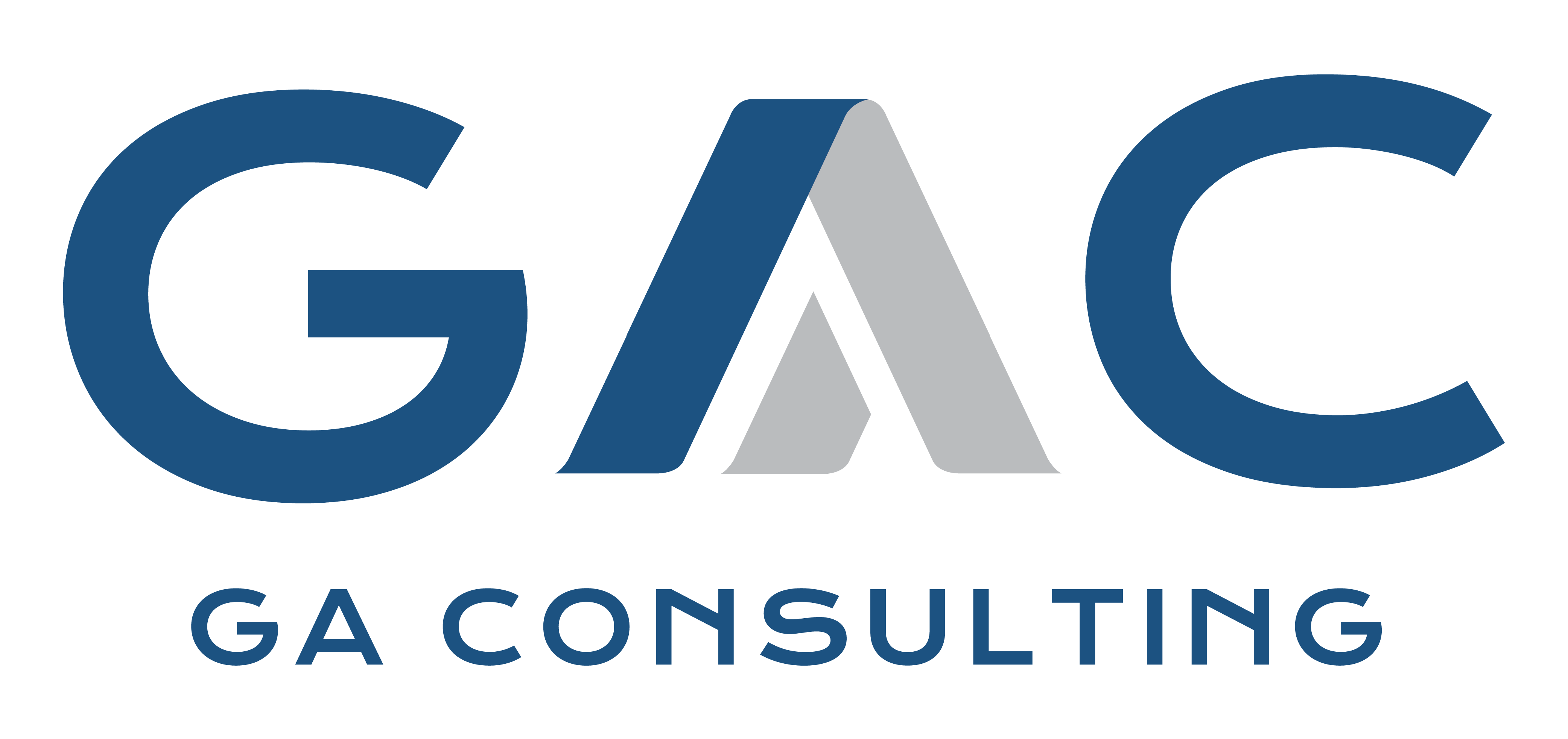As a freelancer, you enjoy the freedom of working on your own terms, but this independence also brings specific legal responsibilities. Understanding essential legal guidelines is crucial for protecting yourself and your business. In this blog, we’ll explore important legal considerations that every freelancer should be aware of, ensuring you can navigate the complexities of your freelance career with confidence.
Common Legal Guidelines Freelancers Should Follow
- Contracts and Agreements
A clear and comprehensive contract is vital in freelance work. It protects both you and your client by outlining the scope of work, payment terms, deadlines, and other crucial details. Without a contract, misunderstandings can lead to disputes. Always ensure your contracts are written and signed before starting any project. - Intellectual Property Rights
As a creator, understanding who owns the rights to your work is essential. Make sure your contract specifies whether the client retains rights upon payment or if you maintain ownership. This clarity helps prevent conflicts regarding usage rights and ensures you’re credited for your creations. - Tax Obligations
Freelancers are responsible for their own tax filings, which can be complex. Therefore, familiarize yourself with your tax obligations, including income tax and self-employment tax. Additionally, keep accurate records of your income and expenses to simplify the filing process and avoid penalties. - Liability Concerns
Depending on your services, you might face liability issues if a client claims your work caused them harm. Consider obtaining professional liability insurance to protect yourself against potential claims. In addition, this insurance can offer peace of mind, allowing you to focus on your work without fear of unexpected legal issues. - Dispute Resolution
Conflicts can arise in any freelance relationship. It’s wise to include a dispute resolution clause in your contracts. This clause should outline how disagreements will be handled, whether through mediation, arbitration, or legal action. Having a plan can save time and reduce stress if issues arise. - Business Structure
Choosing the right business structure is crucial for freelancers. You may operate as a sole proprietor, LLC, or corporation, each with different legal implications. Therefore, it’s important to research the advantages and disadvantages of each structure in order to determine which best suits your needs and offers the appropriate level of liability protection.
Protect Yourself: Key Steps to Take
- Draft Clear Contracts: Always use well-written contracts to protect your rights and outline the terms of your work.
- Consult a Lawyer: If you’re unsure about any legal matters, consulting with a lawyer who specializes in freelance or contract law can provide clarity and peace of mind.
- Stay Informed: Laws and regulations can change frequently. Stay updated on legal requirements related to your freelance work to avoid unexpected issues.
Safeguard Your Freelance Career
Understanding essential legal guidelines is crucial for your success and peace of mind as a freelancer. By being proactive and informed, you can effectively navigate potential challenges and protect your work. From contracts to tax obligations, taking these steps will not only help you build a solid foundation but also ensure long-term success in your freelance career. Ultimately, remember that a well-prepared freelancer is a successful freelancer!

Stay Informed and Connected! Follow us on social media (TikTok, YouTube, Facebook, and Instagram) and read our blogs for more essential freelance tips and insights to help you succeed in your freelance career!

